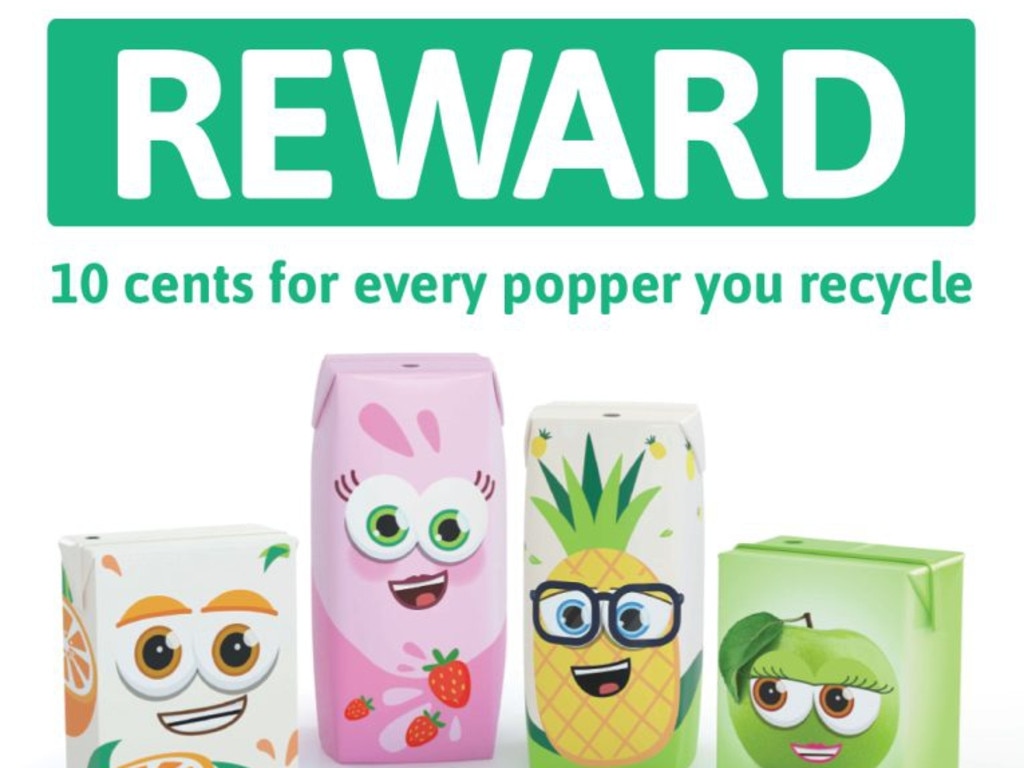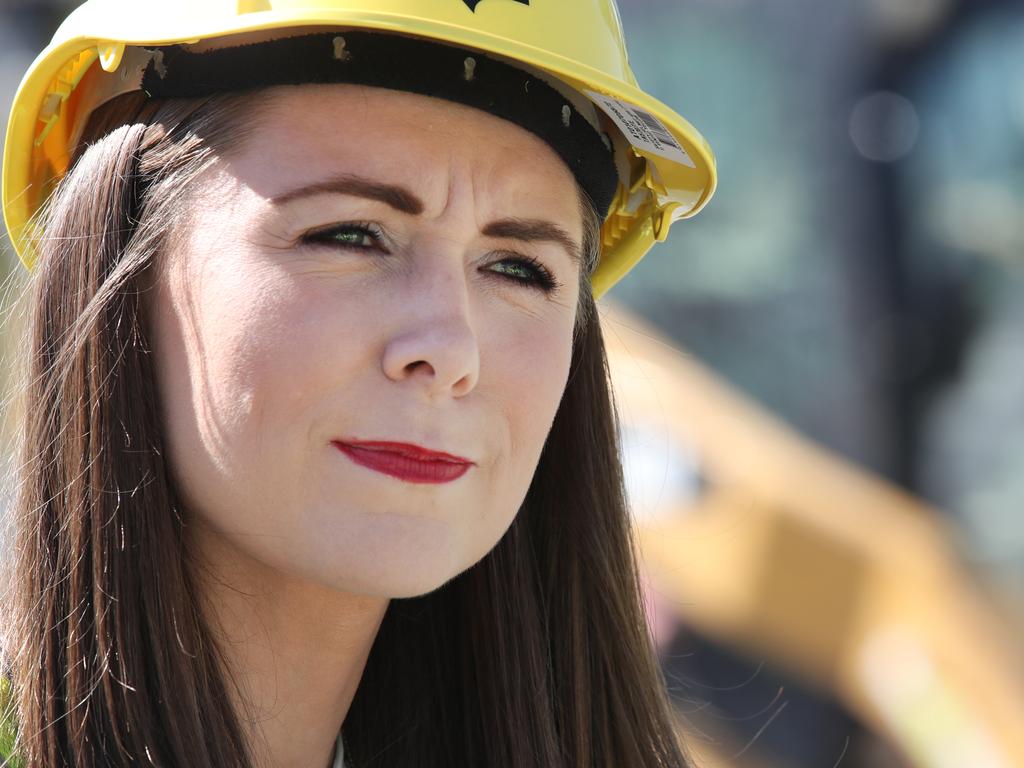QLD’s secret audit into Indian popper export scheme
The Palaszczuk government is keeping secret an independent audit into a company that ships to India popper containers collected in Queensland for recycling.

The Palaszczuk government is keeping secret an independent audit into a company that ships to India popper containers collected in Queensland for recycling.
Last month, The Australian revealed the government’s signature recycling program, Containers for Change, had quietly shipped offshore up to 126 million juice box containers that it paid Queenslanders $12.69m to return to recycling centres.
There is no capacity to recycle the liquid paperboard containers in Queensland, despite the program beginning with much fanfare in 2018, and a $500,000 advertising campaign encouraging children to return the juice boxes for recycling.
Then-environment minister Meaghan Scanlon defended the offshore policy in May, insisting the Containers for Change scheme included audits to “make sure that any poppers collected through our Containers for Change program are recycled, no matter where they go”.
Ms Scanlon’s office said an independent audit into Genuine Recycling Group – the private Brisbane company that exports the containers – in 2022 found “no indications scheme material was not being recycled and export documentation validated that scheme material was actually being exported”.

The Australian asked to see the audit, commissioned as part of the “internal audit and risk plan” developed by Container Exchange (COEX), a not-for-profit organisation created to run Containers for Change. But despite COEX chief executive Natalie Roach requesting permission from exporter GRG and auditor PKF, both refused.
“We have requested permission from both the audit firm and GRG to release the audit report but both organisations have declined this request, citing confidentiality clauses that both they and COEX are bound by,” Ms Roach said. “Scheme participants, including GRG, that are selected for random audits by COEX’s governance processes provide commercially sensitive information to the auditor.
“If published, this information could disadvantage them in the open market in future business dealings.
“It is common practice for audit firms to maintain the privacy of their clients and protect the independence of their audit processes, and their contracts of appointment stipulate this.”

A Right to Information request submitted to the Department of Environment and Science also failed, for the curious reason that the audit could not be found, despite searches of ministerial and executive correspondence systems and relevant officers’ email accounts.
“I was advised that no documents were located by these searches, and received advice that the department has no role in audits of the recyclers responsible for the scheme’s operation, and has not had a reason to seek a copy of the report,” the RTI officer said.
“The department has advised that in order to obtain a copy of the report, you may need to ask COEX directly. Any such request would need to be made generally, as COEX is a private company and thus not subject to the RTI Act.”
Opposition environment spokesman Sam O’Connor said it was a “betrayal of Queenslanders’ trust” when basic questions could not be answered.
“Either the Palaszczuk Labor government was misleading Queenslanders about auditing the scheme or they’re desperately trying to hide the truth,” Mr O’Connor said.
“Queenslanders are doing all they can to recycle. This secrecy again shows the government’s current policy is to just ship our recycling overseas and hope for the best.”
Ms Scanlon launched a special $500,000 “Popper Patrol” advertising campaign in April last year, featuring the characters of Harry Popper, Dolly Carton, Bruce Juice and Annie Smith.







To join the conversation, please log in. Don't have an account? Register
Join the conversation, you are commenting as Logout